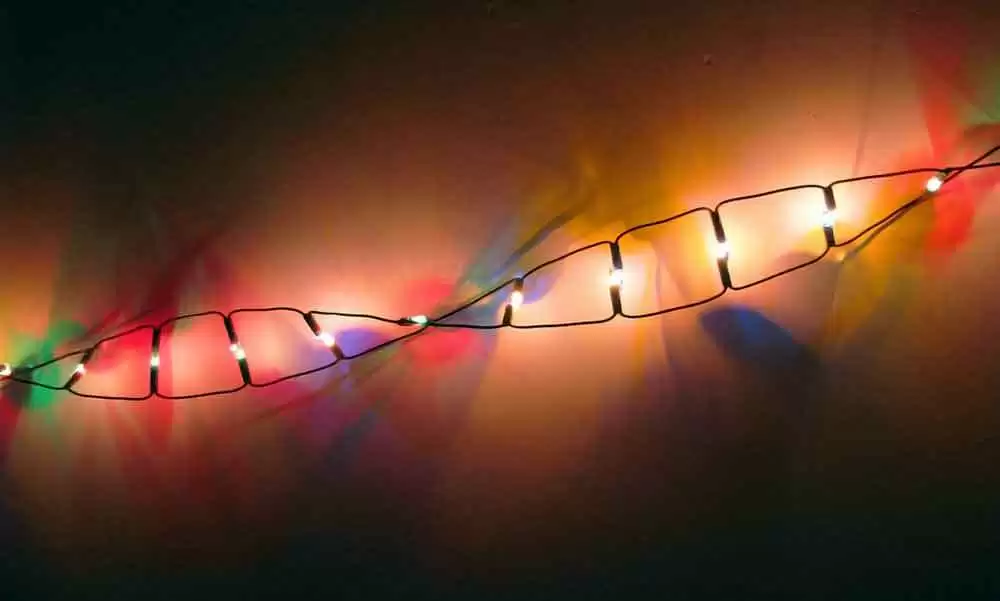- Tests your bone density (osteoporosis is more likely in those with untreated celiac disease);
- Tests your blood for iron and folate deficiencies;
- Vaccinates you for pneumococcal disease (serious infections are common in immune-stressed individuals. This step will vary with your overall condition upon diagnosis and may not be necessary).
Other recommendations for initial management of celiac disease:
- Referral to a dietitian and support group;
- Ensure all regular medications are gluten-free;
- If osteoporosis is found, assess vitamin D and parathyroid hormone concentrations;
- Blood screening of your parents, children, brothers and sisters for celiac disease.
- Check the Diseases and Disorders Associated with Celiac Disease section of Celiac.com and if you have any other health problems listed in that section be sure to discuss this with your doctor.
Many people with celiac disease have additional food intolerance, and therefore never fully recover on a gluten-free diet alone. If you fall into this category try the following:
- Re-check your diet and make sure it is 100% gluten-free;
- Food allergy testing (finger-stick or ELISA);
- An elimination diet;
- Keep a food diary;
- Try a rotation diet--only eating the top food allergens once every few days. The most common additional food intolerance are: Cows milk, corn, soy and eggs.
Celiac.com Sponsor (A12):
Many people who have had difficulty recovering from celiac disease have found that maintaining a "paleo" perspective which favors unprocessed meats, vegetables, and fruits while avoiding all grains, is the final step necessary for a complete recovery.







Recommended Comments
Create an account or sign in to comment
You need to be a member in order to leave a comment
Create an account
Sign up for a new account in our community. It's easy!
Register a new accountSign in
Already have an account? Sign in here.
Sign In Now